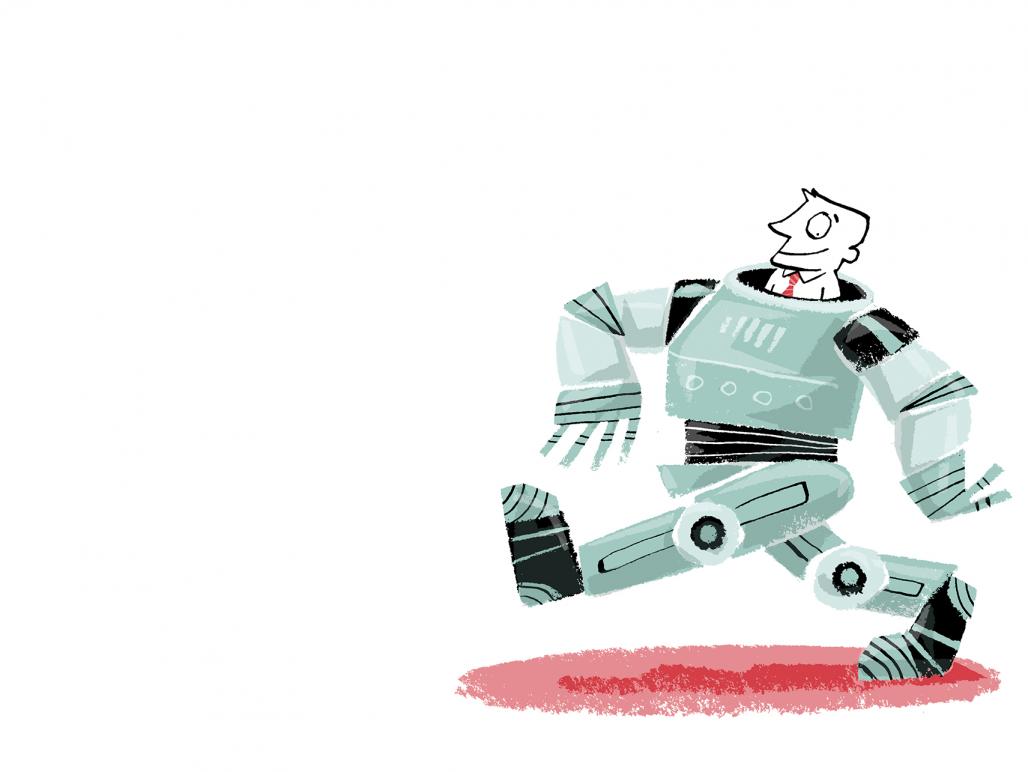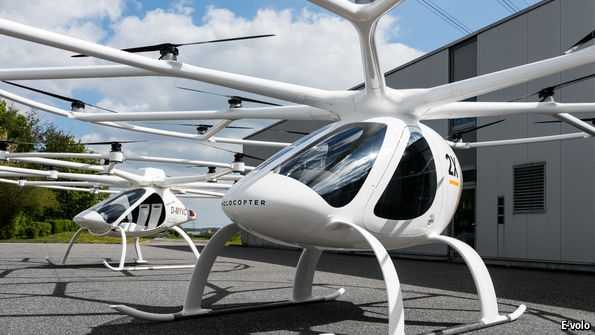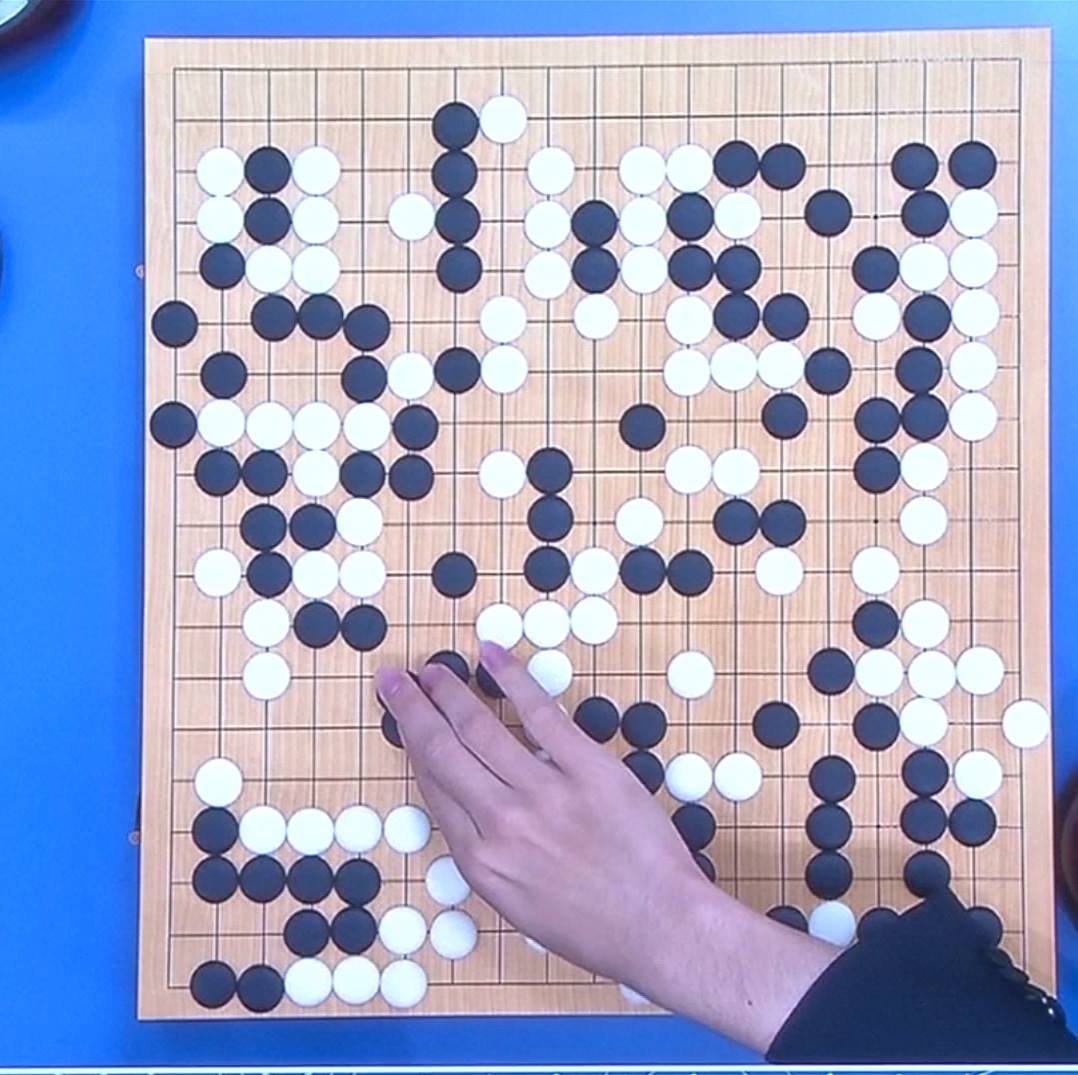The Opportunity of Automation
“Ideally, what should be said to every child, repeatedly, throughout his or her school life is something like this: ‘You are in the process of being indoctrinated. We have not yet evolved a system of education that is not a system of indoctrination. We are sorry, but it is the best we can do. What you are being taught here is an amalgam of current prejudice and the choices of this particular culture. The slightest look at history will show how impermanent these must be. You are being taught by people who have been able to accommodate themselves to a regime of thought laid down by their predecessors. It is a self-perpetuating system. Those of you who are more robust and individual than others will be encouraged to leave and find ways of educating yourself — educating your own judgements. Those that stay must remember, always, and all the time, that they are being moulded and patterned to fit into the narrow and particular needs of this particular society.” – Dori Lessing in The Golden Notebook.
Automation will make most jobs obsolete. Rather than mourn the loss of the 9 to 5, we should see this as an opportunity to liberate humanity from the need to work for somebody else to survive. Coupled with universal basic income, it should be seen as a chance for every individual in society to more fully realize their potential.
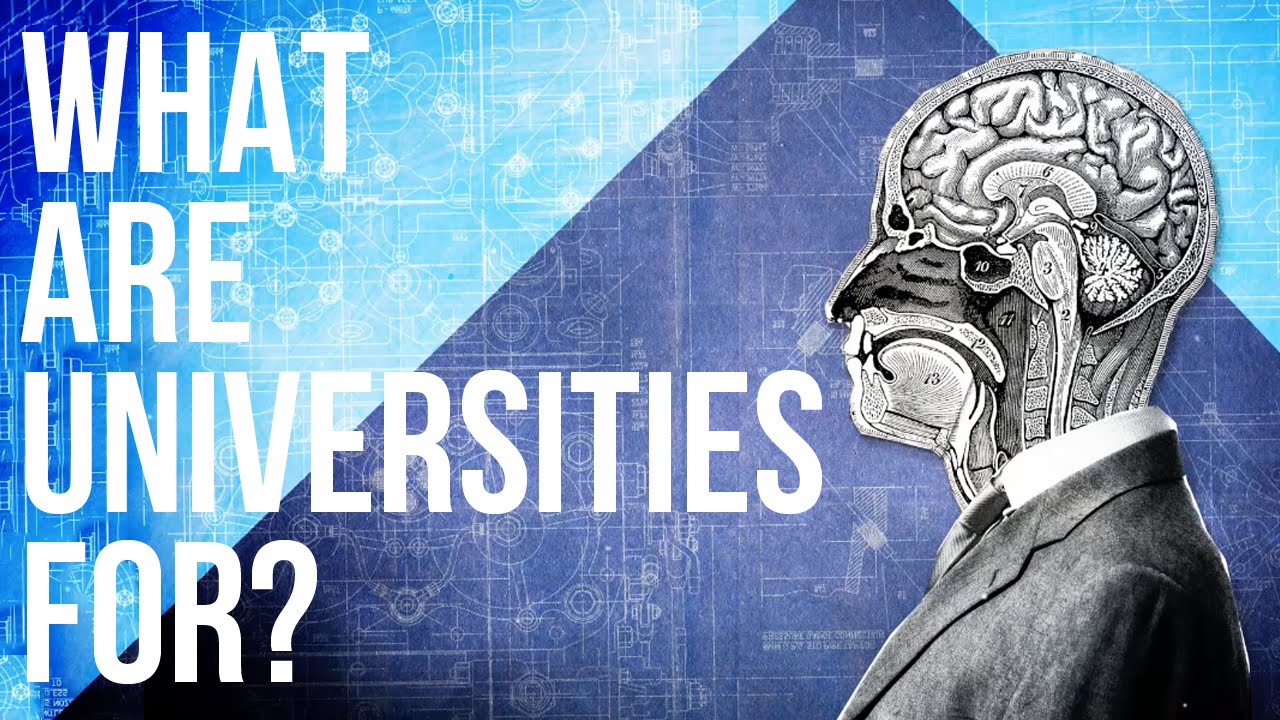

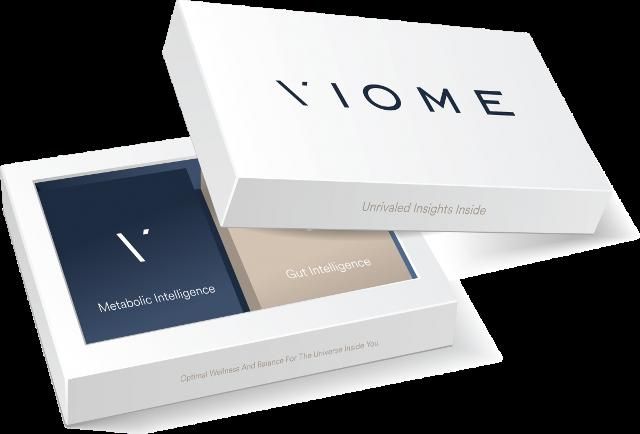

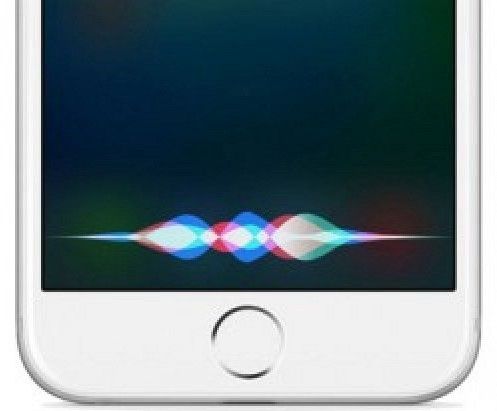
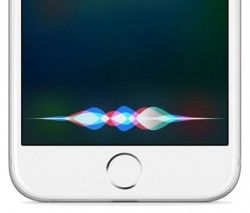 Apple is developing a dedicated processor that will be used to handle AI-related tasks like facial and speech recognition in its products, reports
Apple is developing a dedicated processor that will be used to handle AI-related tasks like facial and speech recognition in its products, reports 